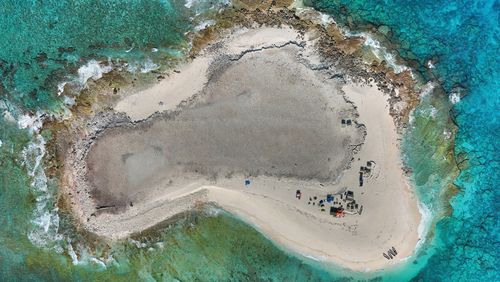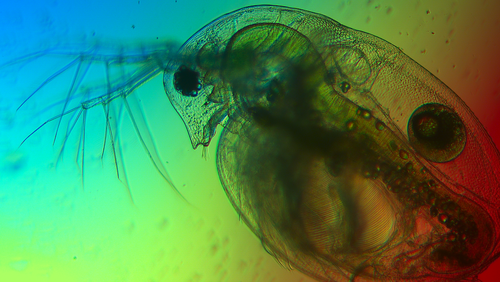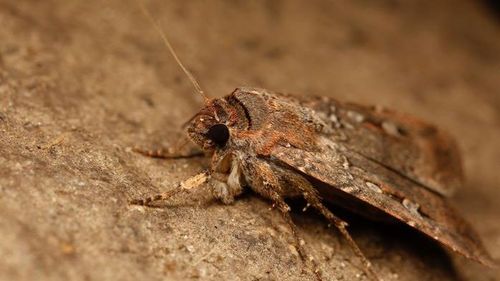Prof. Dr Basil el Jundi has been appointed Professor of Navigation Biology at the Institute of Biology and Environmental Sciences. He was previously Associate Professor of Animal Physiology and head of the Animal Physiology section at the Norwegian University of Science and Technology in Trondheim.
El Jundi studied biology at the University of Marburg, where he completed his doctorate in animal physiology/neuroethology in 2011. He then worked as a research fellow at the University of Lund (Sweden). From 2017 to 2022, he led an Emmy-Noether research group at the University of Würzburg before he was appointed as an associate professor in Trondheim in 2022.
His main research interests focus on the behavioral and neural mechanisms of spatial orientation and navigation in animals. The aim of his research is to reveal how the brain of animals integrates sensory cues and how it uses these cues to make robust navigational decisions. Insects such as the Monarch butterfly serve his research as model organisms, as they exhibit highly complex navigational behaviors despite being equipped with a brain the size of a grain of rice. His investigations range from behavioral studies in the field and in the laboratory to neuroanatomical techniques and electrophysiological approaches in actively navigating animals.




